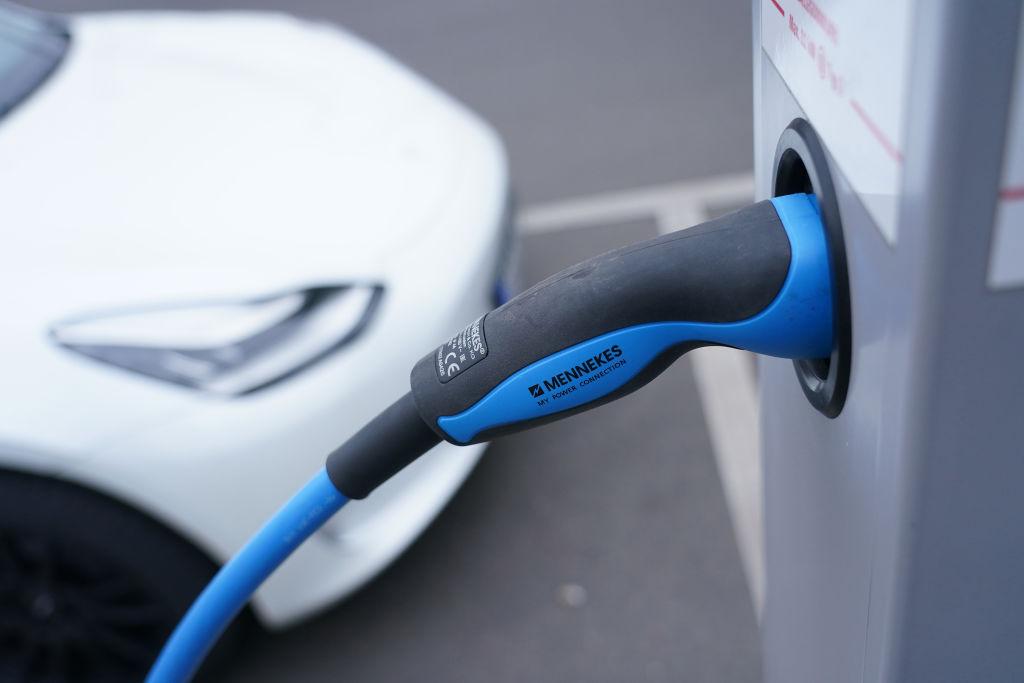Australia’s federal opposition Labor Party announced on March 31 an election pledge that imported electric vehicles (EVs) will no longer be subject to import tariffs and the fringe benefits tax (FBT).
During Labor’s national conference, the opposition promised that, if elected, non-luxury EVs—that is, those costing less than around $77,565 (US$59,178)—will be exempt from a 5 percent import tax, as well as a 47 percent FBT for electric cars provided by work for private use.





